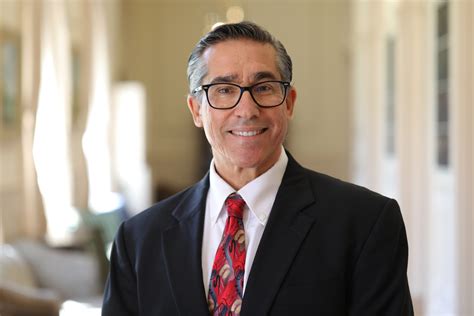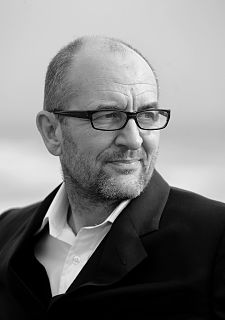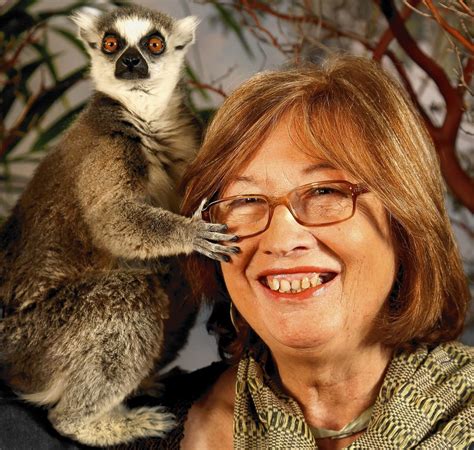A Quote by Samuel Scheffler
Philosophical questions and modes of thought just seem natural to me. They mesh with the way my mind works.
Related Quotes
Quite early on, and certainly since I started writing, I found that philosophical questions occupied me more than any other kind. I hadn't really thought of them as being philosophical questions, but one rapidly comes to an understanding that philosophy's only really about two questions: 'What is true?' and 'What is good?'
I use biography, I use literary connections (as with Platen - this seems to me extremely helpful for appreciating the nuances of Mann's and Aschenbach's sexuality), I use philosophical sources (but not in the way many Mann critics do, where the philosophical theses and concepts seem to be counters to be pushed around rather than ideas to be probed), and I use juxtapositions with other literary works (including Mann's other fiction) and with works of music.
J. Budziszewski is perhaps the clearest and most eloquent natural lawyer writing today. When reading his works I often find myself amazed by his insights and wondering, 'Why didn’t I think of that?' And then it dawns on me, 'That's what C. S. Lewis and G. K. Chesterton do to me as well.' The Line Through the Heart is another destination in J. Budziszewski's philosophical quest to lead his readers to the promised land of the good, the true, and the beautiful, to guide us to that place where we have always been but can't seem to find.
Many of the greatest works of philosophy seem to me to be valuable not because of their arguments, but because they offer us perspectives that open up new possibilities. They show us how we might start in different places, and not buy into the assumptions tacitly made on the first pages of the philosophical works that have influenced us.
The great philosophers of the 17th and 18th centuries did not think that epistemological questions floated free of questions about how the mind works. Those philosophers took a stand on all sorts of questions which nowadays we would classify as questions of psychology, and their views about psychological questions shaped their views about epistemology, as well they should have.
Science will always raise philosophical questions like, is any scientific theory or model correct? How do we know? Are unobserved things real? etc. and it seems to me of great importance that these questions are not just left to scientists, but that there are thinkers who make it their business to think as clearly and slowly about these questions as it is possible to. Great scientists do not always make the best philosophers.
Lemurs are extraordinarily leapers. I mean they are just really going from tree to tree and then if there is not a tree, they just come down to the ground very gracefully. But it is the music that makes them seem to be dancing. They are basically getting from one place to another and that's just natural for them. They are just natural acrobatic dancers, just the way they move. It's beautiful!
For me, I was in school and I pushed myself to be a good student, just because that's the type of person I was, but I never had a connection to any of it. I don't think my brain functioned in a way that was at its height, when I was in school. I needed something like art to really value the way my mind works. I wasn't reaching my full potential by sitting in a classroom and reading from a book. My mind didn't work that way.
The subconscious mind makes no distinction between constructive and destructive thought impulses. It works with the material we feed it, through our thought impulses. The subconscious mind will translate into reality a thought driven by fear, just as readily as it will translate into reality a thought driven by courage or faith.


































